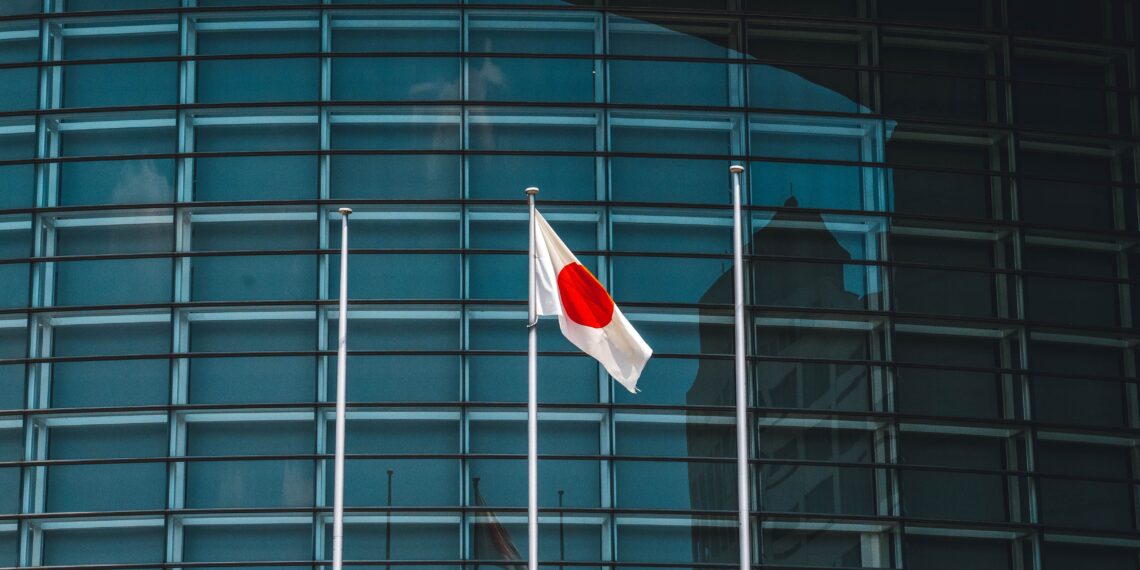
As an avid observer of global cannabis markets, the recent steps Japan has taken towards cannabis reform are both encouraging and monumental. The amendment of Japan’s stringent Cannabis Control Act marks a historic shift, opening doors to a potential medical cannabis industry. While these changes bring hope for business opportunities and patient access, they also reflect a deeper cultural and legal transformation in Japan’s approach to medical cannabis.
In late October 2023, the Japanese government approved a bill to amend the nearly 75-year-old Cannabis Control Act, now renamed the ‘Law Concerning Regulation of the Cultivation of Cannabis Plants.’ This significant legislative change, passed by the House of Representatives on November 14, 2023, signals a major shift in Japan’s stance on cannabis, opening up considerable opportunities for businesses and investors.
This development resonates with the mission at Cannatrek, as we continuously seek to expand and innovate in the evolving global cannabis landscape. The key changes in the amendment include allowing the domestic use of pharmaceutical products containing ingredients extracted from cannabis plants. Previously, such pharmaceuticals were restricted to clinical trials. The revision is expected to create a viable medical cannabis market in Japan.
Another significant aspect of the reform is its impact on Japan’s thriving CBD market. Currently, CBD and other hemp-derived products can be imported and sold in Japan, provided they have no observable levels of THC and are derived from ‘stalks and seeds’. The amendment will allow the import of products derived from the flower, leaves, or resin of cannabis plants, as long as they contain THC below a newly defined limit.
The bill also reclassifies THC as a narcotic under the Narcotics and Psychotropic Control Act and aims to close loopholes in the Cannabis Control Act related to the use of cannabis. However, this reclassification has faced opposition from certain political parties and citizen groups who argue that it goes against the global trend of shifting from criminalisation to harm reduction in drug policy.
Furthermore, the amendment will facilitate the cultivation of hemp in Japan by establishing a framework to promote it. The government plans to issue two types of grower licences: one for industrial hemp and another for cannabis destined for medical or pharmaceutical use. This development is significant, considering Japan’s historical use of hemp in various cultural practices.
As Japan moves towards reforming its cannabis laws, the country is set to witness a transformation in its approach to cannabis, potentially leading to a more open and regulated market for both medical and industrial purposes.
Information about studies provided by Cannatrek on this website is for education purposes only. It is not a substitute for professional health advice. Nothing contained in this site, or any external site linked to by Cannatrek, is intended to be used as medical advice and it is not intended to be used to diagnose, treat, cure or prevent any disease, nor should it be used for therapeutic purposes or as a substitute for your own health professional’s advice. Cannatrek does not accept any liability for any injury, loss or damage incurred by use of or reliance on the information provided on this website, or any external site linked to by Cannatrek. Further, Cannatrek accepts no responsibility for material contained in a website that is linked to this site. It is the responsibility of the user to make their own decisions about the accuracy, currency, reliability and correctness of information contained in linked external websites.
Related Reading
-
Industry
FreshLeaf Analytics H2 2021





